Frontier Markets Weekly, August 5th 2023
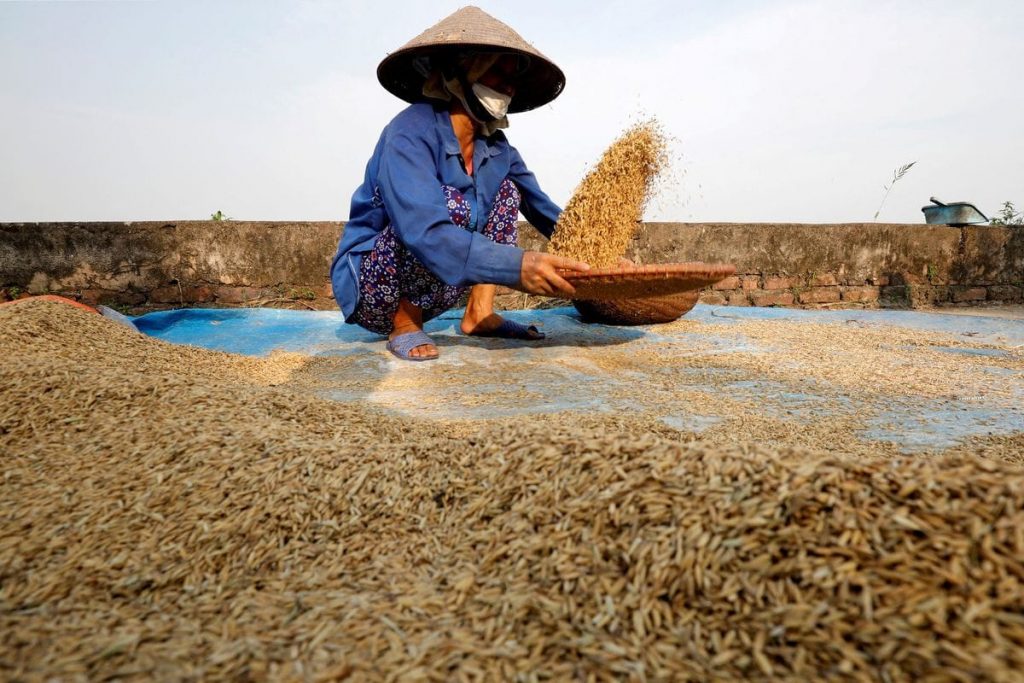
Welcome to the latest edition of Frontier Markets News. As always, we would love to hear from you at hello@frontiermarkets.co with news ideas, feedback and anything else you find interesting.
Sent this by a friend? Sign up here to receive FMN in your inbox every weekend.
By Dan Keeler, Ken Stibler, Noah Berman and Nojan Rostami
Africa
Niger coup further destabilizes Sahel region
The Economic Community of West African States (Ecowas) has threatened to respond with military force if the leaders of last week’s coup in Niger don’t cede power by this Sunday. Leaders of other military-controlled states in the Sahel, including Burkina Faso, Guinea, and Mali, responded by declaring support for the coup and warning against the use of force, Premium Times Nigeria reports.
Shortly after the putsch, Western states began evacuating their citizens from the country amid fears of a wider conflict. Coup leaders declared they were cutting military ties with France, which has a substantial force bases in Niger. France rejected the move. Meanwhile, thousands of junta supporters marched in Niger’s capital, some waving Russian flags.

Coups across the region have raised questions about the effectiveness of US and Western aid to the Sahel, which has primarily focused on security. “For years policymakers have noted that decades of investment in a security-focused approach to the region have been ineffective,” writes Michelle Gavin, Senior Fellow for Africa Policy Studies at the Council on Foreign Relations. “It should be obvious by now that multiple other forces have seized on the desperate desire for change in the region, and will continue working to exploit it.”
Protests erupt after Senegalese opposition party dissolved
Senegal’s ruling party dissolved its primary challenger on Monday and detained its leader on charges of fomenting insurrection.
The move sparked renewed protests in what has historically been a stable Western ally. The government has blamed supporters of Ousmane Sonko, the opposition leader who is popular with the country’s youth, for protests that have resulted in deaths and the destruction of property. His supporters say that the detainment is intended to keep Sonko from running for office in next year’s presidential election.
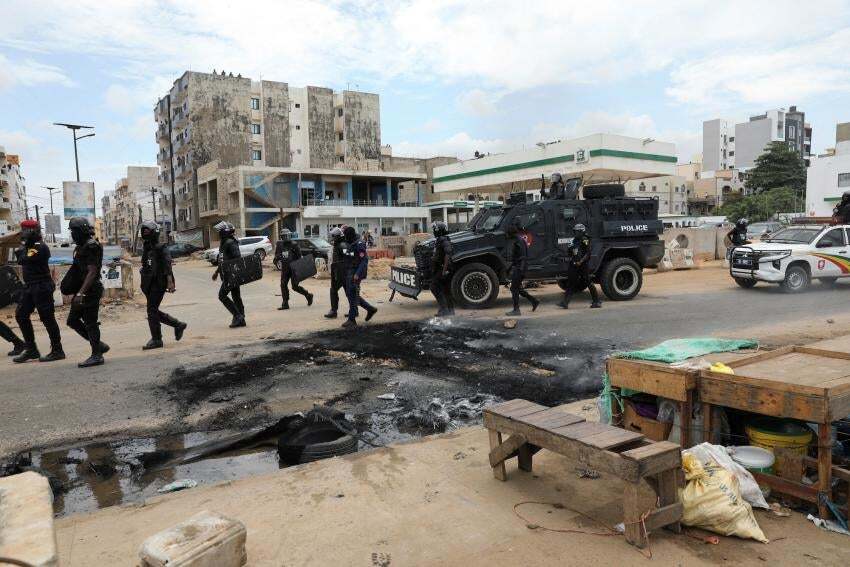
The latest charge, in addition to a previous conviction on charges of youth corruption, could sound the death knell for Sonko’s presidential ambitions, Africanews reports. Two months ago, protesters took to the streets as Sonko awaited the verdict of a trial on rape charges. He was acquitted of rape, but convicted of youth corruption. During the demonstrations that followed, 16 people died, including many whom law enforcement fired on with live ammunition, the New York Times reports.
Asia
Myanmar’s Aung San Suu Kyi gets partial pardon
Myanmar’s ruling military junta has overturned five of 19 convictions against former civilian leader Aung San Suu Kyi, who has been imprisoned since December 2021. However, the pardon, which cuts her sentence from 33 to 27 years, will not substantially change the 78-year-old’s fate.
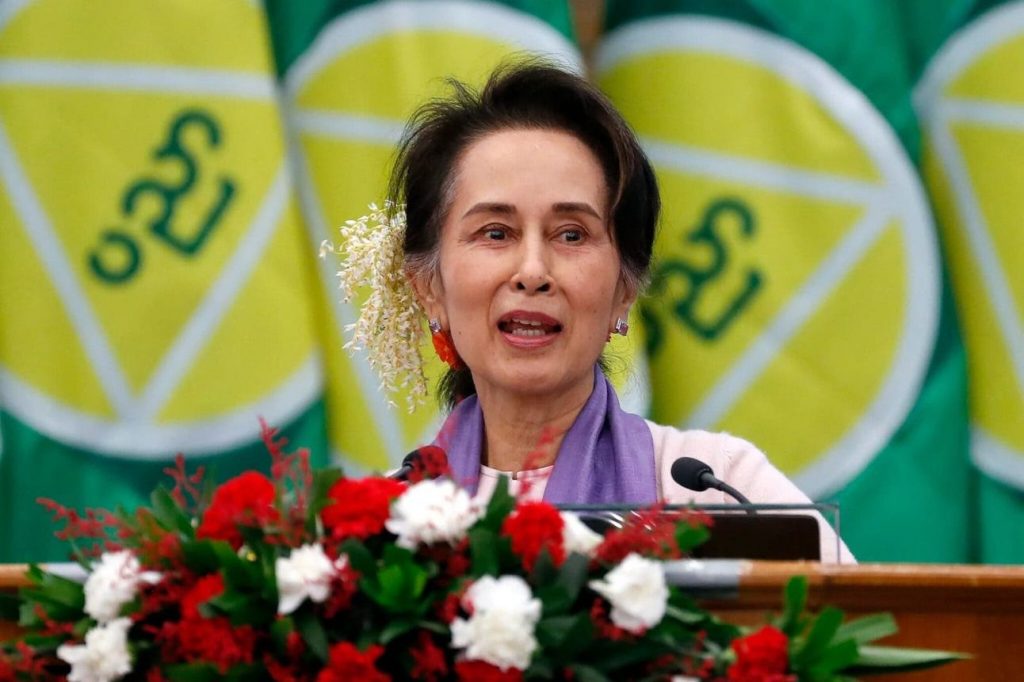
The pardon was part of an amnesty offered to prisoners across Myanmar often associated with religious holidays, the New York Times reports. Still, it came as a surprise to many human rights groups, who have said that the charges against Aung San Suu Kyi were intended to keep her from office.
On Monday, Myanmar’s military postponed elections planned for this month, extending a state of emergency that went into effect after the junta took power two years ago. The country has since become embroiled in a worsening civil war.
Sharp price rise prompts Thai and Vietnamese rice export rethink
Exporters in Southeast Asia are re-negotiating the price of half a million tons of rice scheduled to be shipped this month, Reuters reports.

The move follows an Indian ban on the export of white rice that could cause a global supply crunch. Farmers in Thailand and Vietnam, the world’s largest rice exporters after India, have responded by increasing their prices by 15% and 13% respectively. The increases bring prices to their highest levels in more than a decade, Economic Times reports.
The move could most seriously affect Southeast Asia and West Africa, where surging food prices have contributed to record inflation. Ghana gets more than 80% of its rice from Thailand and Vietnam, and the Philippines imports more than 80% from Vietnam alone, according to the MIT Observatory of Economic Complexity.
Did someone forward this to you? Subscribe at FrontierMarkets.co
Middle East
Iran announces nationwide shutdown due to ‘unprecedented’ heat
Iran’s government this week announced a nationwide shutdown of government offices, schools and banks due to “unprecedented heat,” citing concerns over public health, the WSJ reports. The health ministry asked people to stay indoors, and other ministries have urged people to minimize their electricity use to relieve stress on the power grid.
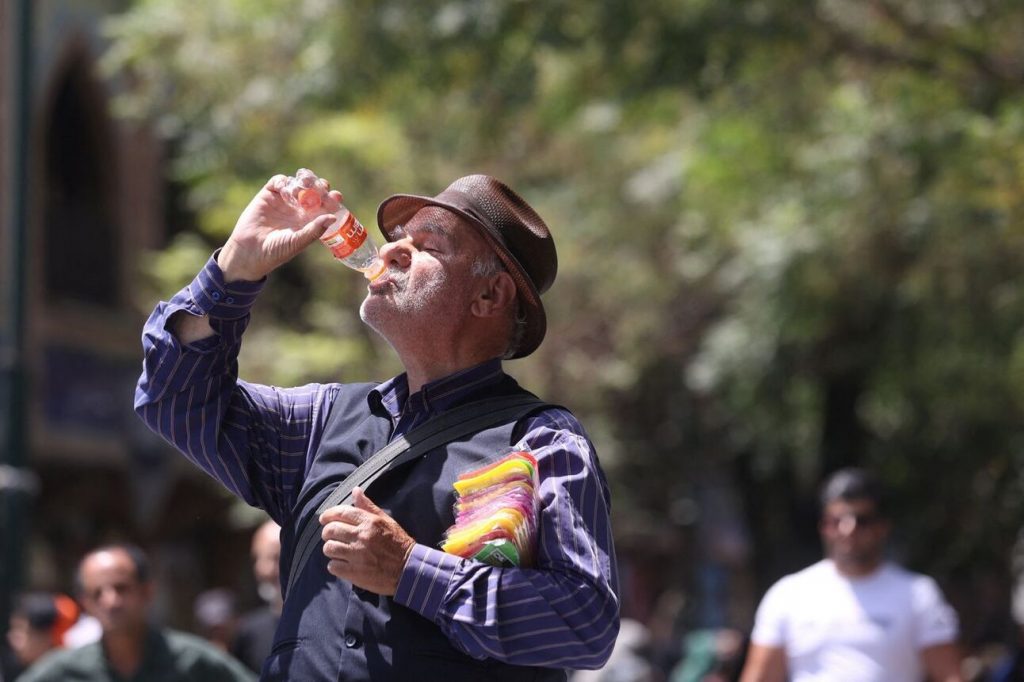
According to the New York Times, Iranians believe the real reason for the shutdown is the government’s failure to maintain the national power grid and a critical shortage of natural gas. Indeed, while it’s certainly hot in Iran, and global heat set a record in July, Iran is usually hot around this time of year, and this week’s heat has not beaten local records.
Regime critics point to years of chronic underinvestment in Iran’s power grid, and a foreign policy initiative providing subsidized gas to Iraq to maintain political influence even as Iran’s natural gas reserves run short. Iraq is also having difficulty dealing with the summer spike in electricity demand, as heat and increased pressure on the power grid triggers fires and explosions throughout the grid.
Tension rises in Gulf over territorial claims
Iran this week escalated a dispute with the UAE over a claim to three islands in the Persian Gulf, holding military drills and unveiling newly-placed offensive ballistic missile systems on and around the islands, Al Jazeera reports. Iran’s military said it was ‘duty-bound to defend’ the islands, and deployed naval vessels, warplanes and ballistic missile systems to the disputed territories in a show of force.
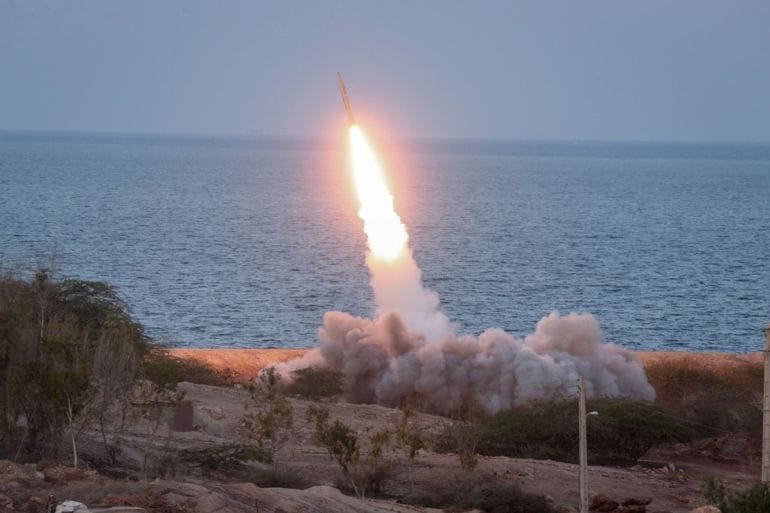
On the same day, Iran’s President Ebrahim Raisi invited his Emirati counterpart for a formal state visit, an apparent sign of openness to negotiate despite the saber rattling. Meanwhile, the UAE and China said this week they plan to hold joint air force drills. The move is not thought to be a direct response to Iran’s, as the announcement preceded Wednesday’s military display.
In another simmering territorial dispute, Kuwait and Saudi Arabia reiterated their sole claim to the Al Durra gas field, and called on Iran to engage in diplomacy to demarcate the maritime border “in accordance with the provisions of international law.”
Saudi Arabia to host peace talks on Ukraine
Saudi Arabia is set to host a Ukraine-organized peace conference this weekend, as diplomats converge on Jeddah to try to establish a basic framework for talksthat could convince the international community to agree on a long-term peace solution. Many emerging- and frontier-market countries have remained mostly silent about the conflict, and the meeting’s goal is to “nudge the Global Southcountries [to] find some basic agreements around which the global peace summit could then be organized.”
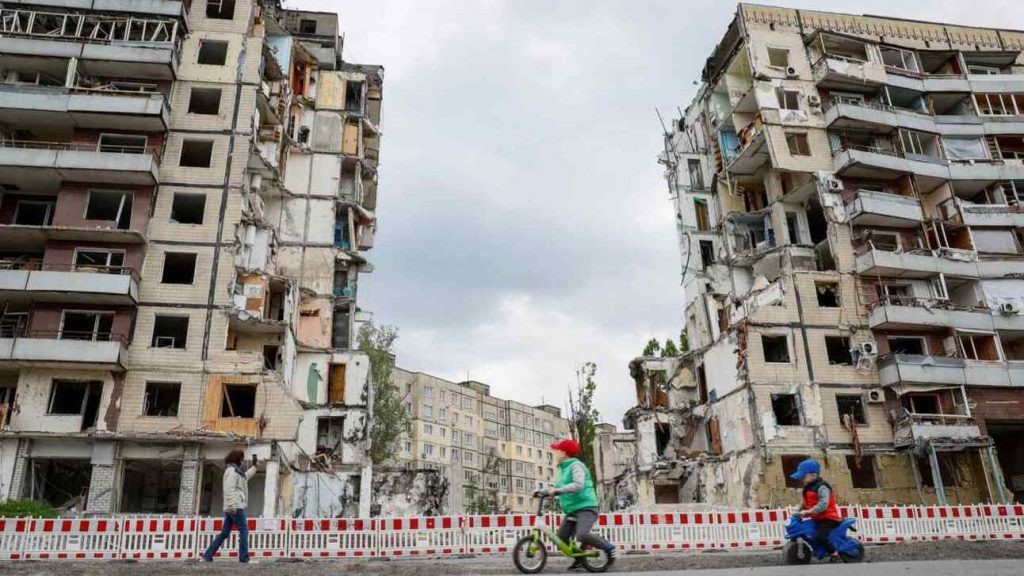
The US National Security Advisor, Jake Sullivan, is expected to attend, after holding one-on-one talks earlier this week on the issue with his Saudi Arabian counterpart. China’s top security official has also been invited, as they were to the previous round of talks in Copenhagen, but it’s unclear if they will attend.
Europe
Wagner’s presence near Poland raises concerns over escalation risk
Poland plans to deploy additional forces to its border with Belarus after two Belarusian military helicopters allegedly violated its airspace this week. The tensions between the two nations have escalated in recent weeks, as mercenary forces from Russia’s Wagner Group have moved close to the border. Polish Prime Minister Mateusz Morawiecki expressed concerns that some of these fighters might attempt to enter Poland alongside illegal migrants.
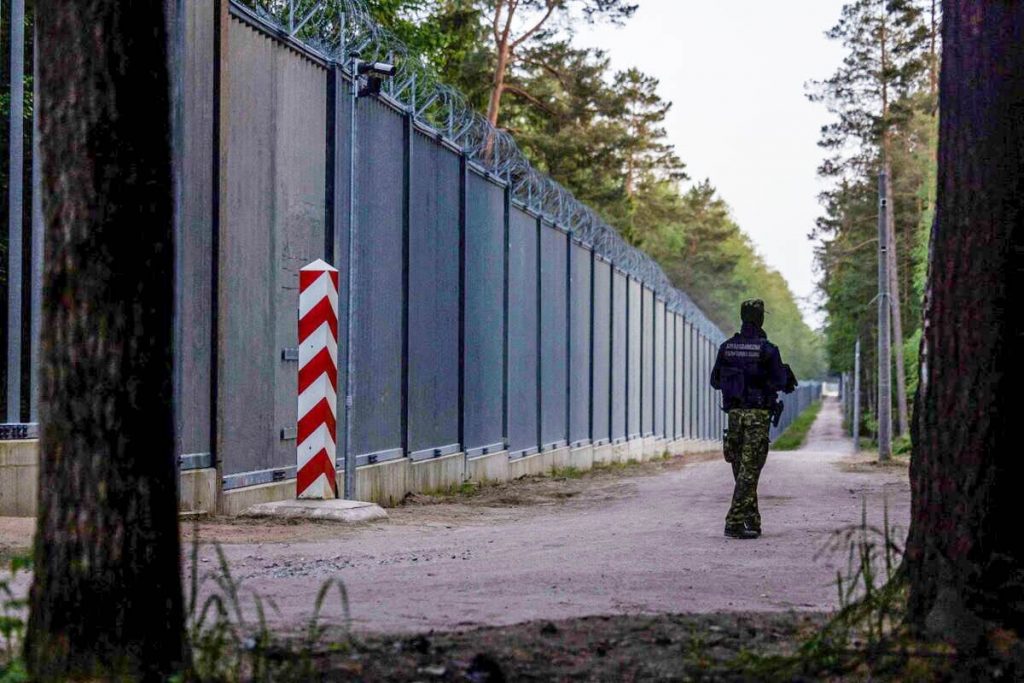
Poland sees the growing presence of Wagner mercenaries as an attempt to destabilize NATO’s eastern flank, especially amid the ongoing conflict in Ukraine involving Russia. Morawiecki, during a meeting with Lithuanian President Gitanas Nauseda, emphasized the need for increased vigilance among NATO allies due to an elevated likelihood of provocations.
The Suwalki Corridor, a critical 80-kilometer stretch that serves as NATO’s only land connection to Baltic members, has become a focal point of concern. This strategic area, which separates Moscow’s exclave of Kaliningrad from Belarus, is seen as a potential target for Russia in a conflict scenario with NATO.
Stagnating Russia turns to Asian allies to sustain war effort
Amidst the prolonged conflict in Ukraine and the weight of Western sanctions, Russia’s war machine appears to be running low on key supplies. Russia’s desperation for armaments to combat the flood of Western equipment arming the Ukrainians was on full display this week in defense minister Sergei Shoigu’s state visit to North Korea.
During a meeting with North Korean president Kim Jong Un, Shoigu praised the North Korean military’s resilience which had led it to become the “leading army of the world”, highlighting Moscow’s desperation in the face of perennial arms shortages. On the trip Moscow reportedly requested to purchase North Korean arms, which are under a UN embargo.
- Wall Street reaped ruble fortune on clients fleeing Russia
- The West attacked Russia’s economy. The result is another stalemate
The Kremlin is also looking to Central Asia for support, seeking new markets for its gas exports and utilizing backdoor routes for sanctioned dual-use technology. Despite claims early in the war of a Central Asia pivot from Russia, countries such as Uzbekistan have continued to ink energy, trade and defense agreements. However, these moves come with risks, as Russia’s control over gas flow could lead to “gas blackmail,” raising concerns for its Central Asian partners.
Latin America
Chile’s Boric tries a new tack on tax reform
Chilean President Gabriel Boric has unveiled fresh tax reforms to raise $8 billionfor the government’s ambitious social agenda, Bloomberg reports. The new ‘fiscal pact” will be presented in two bills, the first seeking to improve tax compliance by modernizing tax collection, fighting tax evasion and reducing the amount of informal, untaxed work and the second bill reforming income tax on individuals and companies.
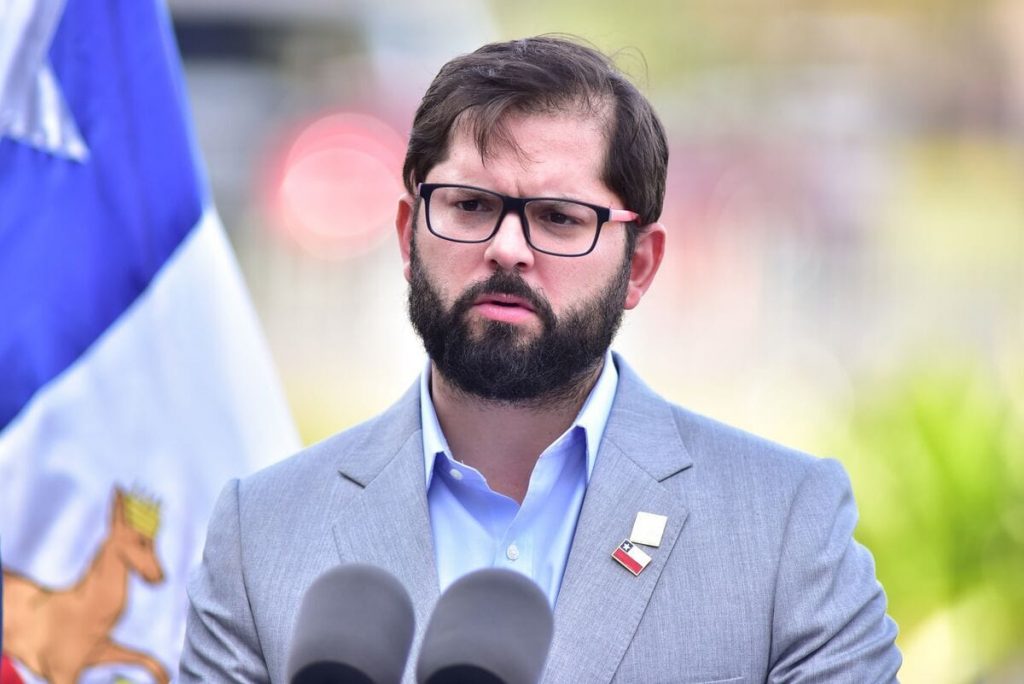
Boric emphasized the need for those with higher incomes to contribute more, signaling the government’s commitment to negotiate a comprehensive political and economic agreement. This move comes after a previous attempt to reform the tax system was unexpectedly rejected by lawmakers in March.
Without additional revenue, Borics’ plan to target inequality through pension rises, improving care services for children and the elderly, enhancing public security, and reducing waiting lists at public hospitals is in jeopardy.
Kenya takes lead in supporting Haiti peacekeeping force
Kenya this week offered to participate in a multinational force aimed at helping Haiti’s government counter crippling instability in the Caribbean nation. The move comes in response to a call for help from the international community, including UN Secretary-General António Guterres who highlighted the increasing humanitarian needs in Haiti but noted a lack of adequate international response.
Kenya has offered to deploy 1,000 police officers to assist in training and supporting the Haitian police to restore stability and safeguard critical installations. However, the initiative still requires a UN Security Council mandate and authorization from Kenyan authorities.

On the heels of Kenya’s offer to lead the force, the Bahamian government has expressed its support and committed 150 individuals to participate in the effort, contingent on UN authorization. The country’s unelected administration under Prime Minister Ariel Henry has faced reluctance from regional governments to support the call for international security assistance, hindering efforts to hold fair elections amid ongoing insecurity.
The US State Department ordered all US government employees along with non-emergency personnel and their families to leave Haiti amid the recent rise in violence and civil unrest in the country, NBC reports.
What we’re reading
Nigeria cuts electricity to Niger after coup: Niger power company (Al Arabiya)
Ghana’s shippers flock to neighboring ports to avoid high charges (The Africa Report)
Kenya eurobonds plunge as Moody’s warns buyback might constitute default (Bloomberg)
South Africa’s retail sales retreat on slumping sentiment (FrontierView)
Tunisia’s president appoints new prime minister amid deepening crisis (Al Monitor)
Malaysia wants to be ‘regional renewable powerhouse’ (Nikkei)
Indonesia’s new capital aims to be economic growth center (Nikkei)
Mongolia to deepen cooperation with US on rare earths, prime minister says (Reuters)
Kazakhstan-Afghanistan business forum opens in Astana (Radio Free Europe)
Pakistan lines up Saudi-backed refinery as it eyes more Russian oil (Nikkei)
Lebanon’s central bank chief ends 30-year tenure amid scandal (France 24)
Saudi Arabia to give Yemen $1.2b budget support (Bloomberg)
UAE says it will allow climate activists to assemble ‘peacefully’ at COP28 (France 24)
UAE state energy company brings forward net zero target to 2045 (FT)
Moldovan secret services cancel agreements with Russian intelligence (BalkanInsight)
Montenegrin government criticised for ‘closed-door’ deal with Saudi investors (Balkaninsight)
Tourism boom stretches Balkan countries’ capacities (BalkanInsight)
Putin reveals reason for not attending BRICS summit (LiveMint)
IDB grants $500 million loan to Ecuador, economy ministry says (Reuters)
Guatemala president meets with OAS head over elections (Reuters)
Gang crackdown bolsters El Salvador leader’s re-election bid (FT)
Supply chain report investigates deforestation tied to palm growing in Colombia(Mongabay)
Colombian president under fire after son’s money laundering admission (Mercopress)
Brazil now main holdout against BRICS expansion, sources say (Reuters)
Latin America’s central banks declare victory in war on inflation (FT)
Global supply chain shifts signal sustained high costs for businesses and end-customers (FrontierView)


